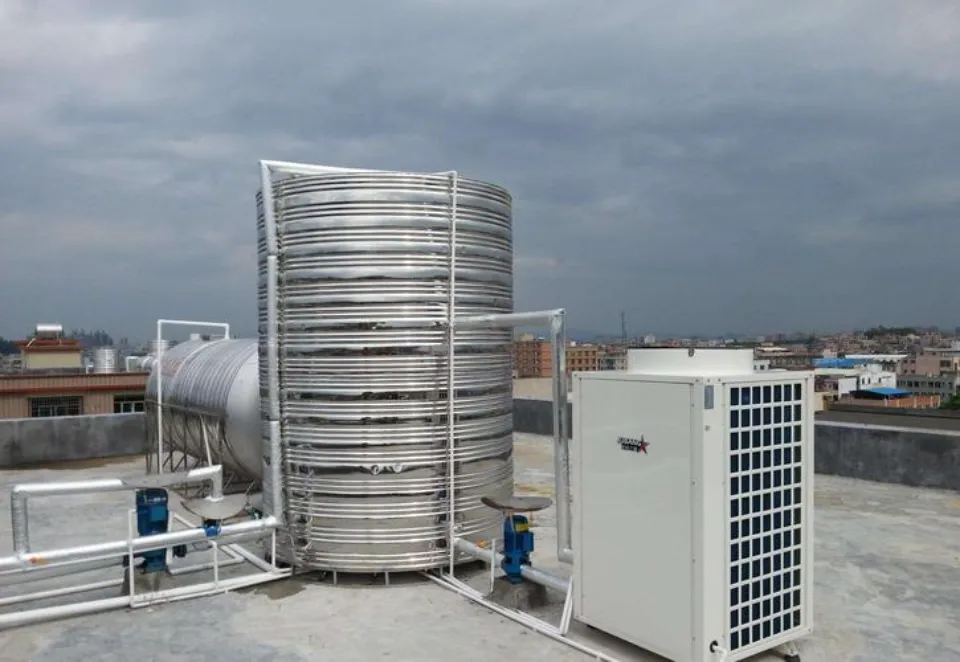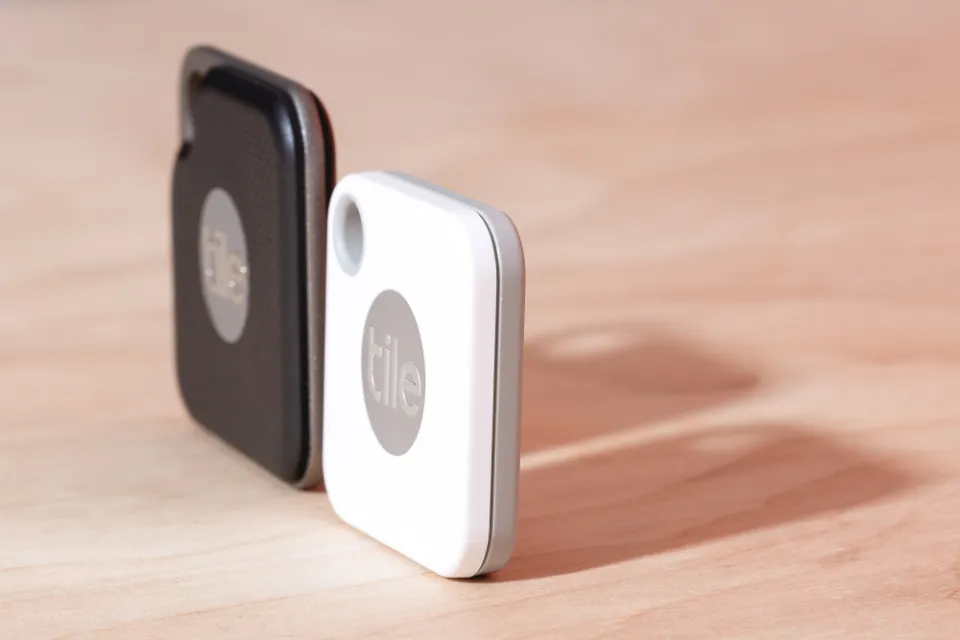We delve into the benefits and drawbacks of heat pumps in more detail below to help you determine if one is the best option for you.
Compared to more traditional options like furnaces and boilers, air source heat pumps (ASHPs) are a more cost-effective heating and cooling solution. Of course, installing heat pumps in an existing HVAC system requires a sizable investment.
Does heat pump technology’s worth outweigh its price? Briefly, stated, are heat pumps worthwhile? Unambiguously, the response is yes.
In this article, we’ll explain how heat pumps save money, and how building owners can reduce the upfront costs of installation.
Further Reading:
- Why Do Heat Pumps Have Defrost Systems?
- How Much Does a Heat Pump System Cost?
- What is a Split System Heat Pump?
- Hybrid Heat Pump System: Are They Right for Your Home?
Is a Heat Pump System Worth It?
Heat pumps are generally a good investment. Heat pumps are generally more expensive to install, but because they require little maintenance, you end up saving money all year long. Furthermore, because there is no chance of a gas leak, which could expose you to carbon monoxide, heat pumps are much safer.
The installation of a heat pump can be a little challenging, and it can cost a lot of money upfront.
Before installing a heat pump, it’s important for your installer to understand a variety of elements such as the current movement of heat or insulation in your home, the local geology if you’re considering a ground source heat pump, and of course your unique heating and cooling needs.
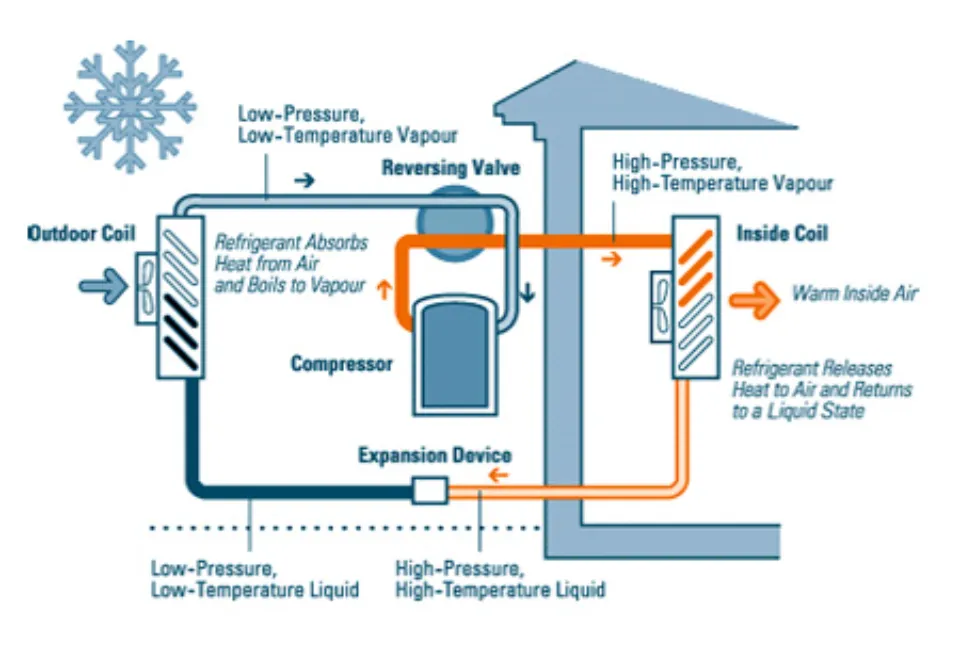
Why Heat Pumps Are Worth the Cost?
You need to consider the bigger picture and consider how the long-term advantages outweigh the initial cost to understand why a heat pump is worth the price. Here are five fantastic reasons a heat pump is worth the time and financial investment.
Heat Pumps Can Equal Lower Running Costs
While heat pumps demand a sizable upfront investment, there is no denying that they can ultimately be more affordable to operate. Other solutions, such as loft or cavity wall insulation, are likely to be more appropriate if you’re looking for a quick and inexpensive way to become more energy efficient and reduce your energy costs.
Additionally, if you currently heat your house and water with gas, a heat pump system might not offer you the immediate financial savings you’re looking for and will take longer to show a profit. An air or ground source heat pump is a good way to lessen your carbon footprint and save money on your energy bills, though, if you currently heat your home with oil, electricity, liquid gas, or solid fuels.
Heat Pumps Can Provide You With Heating, Cooling, and Hot Water
The versatility of heat pump technology across the board is a truly unmatched advantage. Pumping heat uses less electricity than converting heat, so heat pumps can be an extremely effective and efficient one-stop solution for a home’s entire heating, cooling, and hot water needs.
A heat pump is adaptable enough to connect to any emitter in your home, whether it be underfloor heating, space heaters, heat pump convectors, radiators, a hot water tank, or a boiler. This ensures that you always have cozy, warm rooms and hot, steamy showers, no matter the weather.
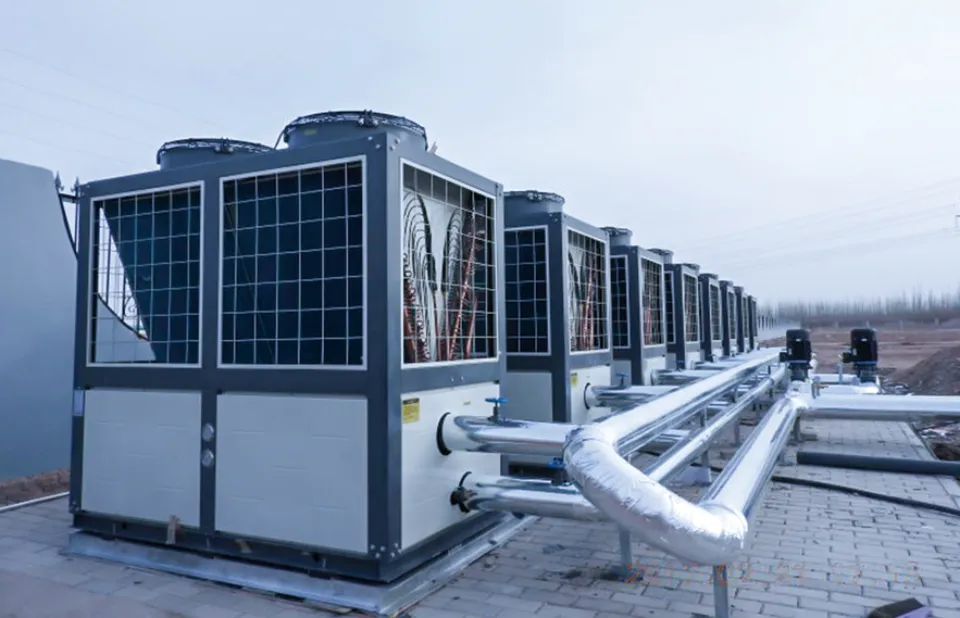
There’s a Type of Heat Pump for Every Type of Home
There is a proper type of heat pump for every type of home, need, and requirement, despite the fact that they all initially appear to perform the same function. As an illustration, a newly constructed home would benefit from an air-to-water low-temperature heat pump. This is because newly constructed homes typically have good insulation and don’t need any additional insulation work.
Older homes will need a little more preparation such as cavity wall insulation and double glazing, but with a little research and the right guidance you are sure to find a heat pump that fits appropriately to your home and is suitable for your specific circumstances and needs.
Heat Pumps Have a Long Life Span
Although some claim that a heat pump can last up to 50 years, the actual lifespan of a heat pump system is more likely to be in the range of 20 to 30 years with proper maintenance. Your heat pump might need to be replaced a little earlier due to changes in legislation and technology.
Whatever the case, you ought to be able to save a sizable sum of money and reduce your carbon footprint during this period, resulting in a return on investment that is greater than expected.
If an electrical, oil or coal-fired heating system is replaced with a heat pump system, the payback period will be much shorter. However, it is important to think about your own long-term plans and decide whether you plan to live in the home long enough to see a return on your investment. If not, you should look into whether the installation of a heat pump will also make your home more valuable when it comes time to sell or rent it out.
Heat Pumps Are Generally Safer Than Traditional Systems
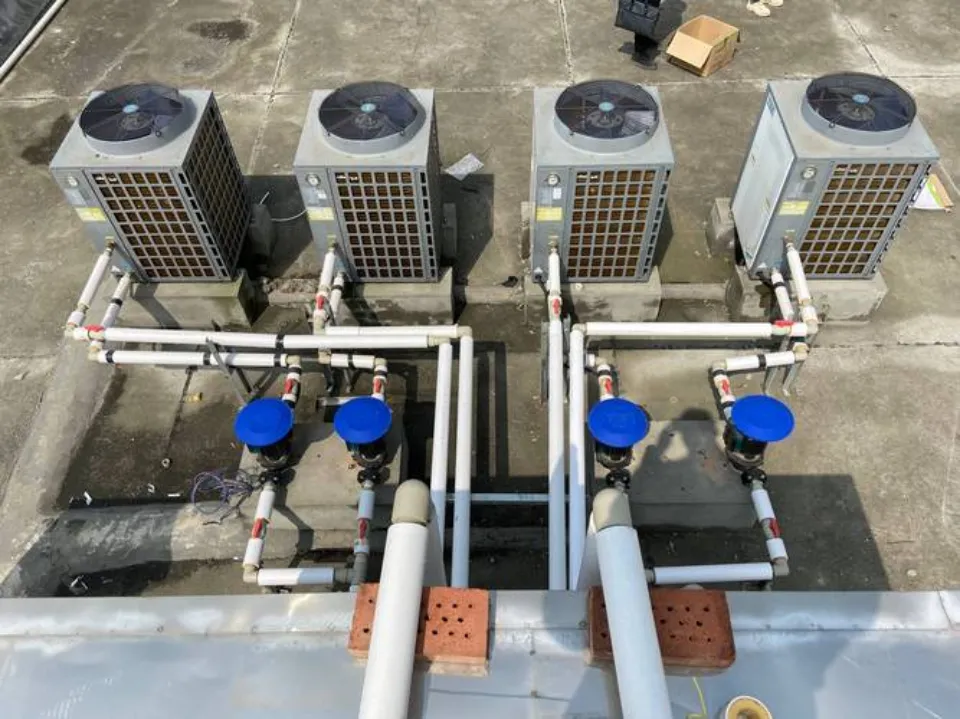
Compared to combustion-based heating systems, heat pumps are safer. They don’t require burning fuel to produce heat because they run on electricity, making them safe to use. The possibility of fuel leaking into the room and igniting is nonexistent because no fuel is being burned.
Additionally, they don’t emit any smoke or local emissions, so there is no chance of carbon monoxide poisoning. However much safer than they once were, modern gas boilers still carry a constant risk of carbon monoxide leaks and, in rare instances, explosions.
To guarantee dependability and efficiency, all heating systems should undergo routine maintenance and servicing. Heat pumps are no different in that regard. Regular maintenance is a must to ensure the hassle-free operation and system longevity.
Cons of Owning a Heat Pump
A heat pump does, however, have some drawbacks that you should be aware of before purchasing.
Installation Costs
Heat pumps can cost more to install. Thankfully, you can offset this with your monthly energy savings, but it might take some time before they are sufficient to cover the difference. A furnace might be a better choice if you intend to move within the next few months or if you don’t want to deal with the higher installation costs.
Lack of Power
A furnace generates its own heat. While one might see this as an inherent inefficiency, others can look at it as the best way to fight off cold temperatures. If we operated an HVAC business in Minnesota or Wisconsin, we would probably recommend furnaces more often because the added power is necessary to combat the region’s bitterly cold winters.
Final Thoughts: Install a Heat Pump System
So, is a heat pump worth it? In a word, yes. ASHPs are a great option for all kinds of buildings, and when installed and designed correctly, a heat pump system can quickly pay for itself.
Without a doubt, installing a heat pump can be a significant time and financial investment, but if your house and your situation are set up to make the most of a system like this, the long-term advantages really do make a heat pump worth the investment.
FAQs
Are Heat Pumps Worth It in Cold Climates?
Yes! According to the most recent studies, heat pumps are up to three times more efficient in colder climates than conventional gas, heating oil, or electric systems.
What is the Major Problem with Heat Pumps?
A clogged air filter is a common cause behind a heat pump not working, as the system doesn’t receive adequate airflow due to this obstruction. The system often overheats and shuts down, leaving you without cooling. Or, as a result of the restriction, insufficient cooling enters your home.

